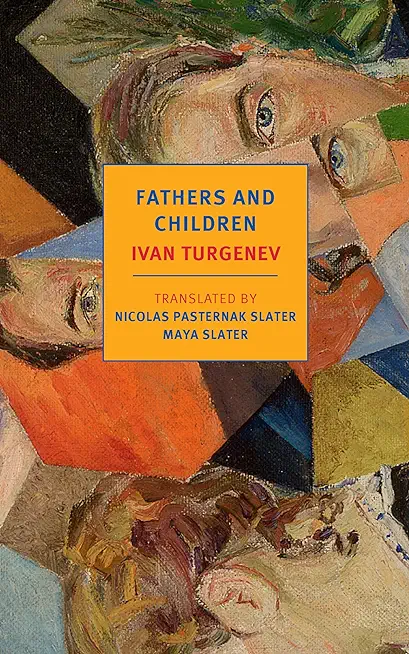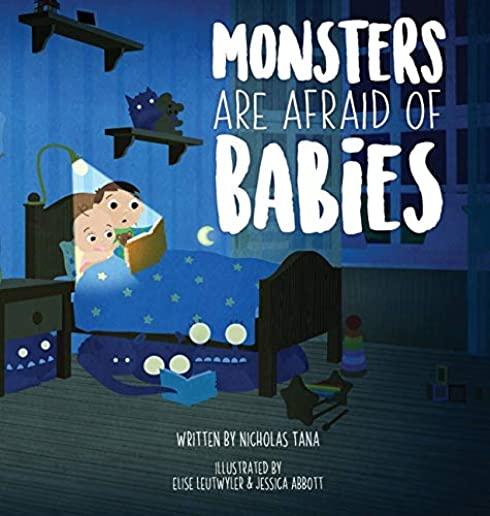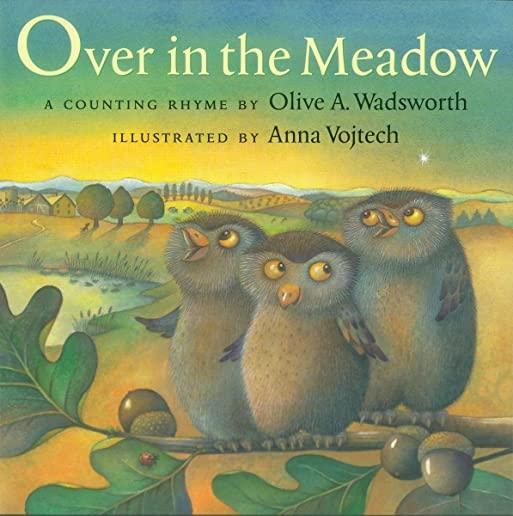
description
e about love, politics, family, and the tension between the new generation and the old world. Ivan Turgenev's Fathers and Children is a book full to bursting with life, both comic and tragic. At the heart of this novel about love, politics, and society, strong beliefs and heated disagreements, illness and death, is the generational divide between the young and the old. When the young university graduate Arkady and his mentor, the nihilist Bazarov, leave St. Petersburg to visit their aging parents in the provinces, the conflict that ensues from the generations' clashing views of the world--the youths' radicalism and the parents' liberalism--is both representative of nineteenth-century Russia and recognizably contemporary. At the time of its publication in 1862, the book aroused indignation in critics who felt betrayed by Turgenev's refusal to let his novel serve a single ideology; it also received a spirited defense by those who saw in his diffuse sympathies a greater service to art and to humanity. In this fresh new translation Nicolas Pasternak Slater and Maya Slater have captured Turgenev's subtle humor, his pitch-perfect ear for dialogue, his compassion, and, above all, his skill as a storyteller
member goods
No member items were found under this heading.
Return Policy
All sales are final
Shipping
No special shipping considerations available.
Shipping fees determined at checkout.







